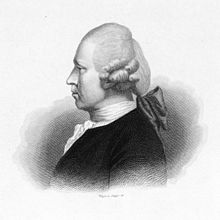
Guntram is an opera in three acts by Richard Strauss with a German libretto written by the composer. The second act of the opera was composed in Ramacca, Sicily.
La fausse esclave is an opéra comique in one act by Christoph Willibald Gluck. Its French-language libretto based on Louis Anseaume and Pierre-Augustin Lefèvre de Marcouville's libretto for La fausse aventurière, an opéra comique by Jean-Louis Laruette. It was first performed on 8 January 1758 at the Burgtheater in Vienna. The full score is lost, but a keyboard version is extant.
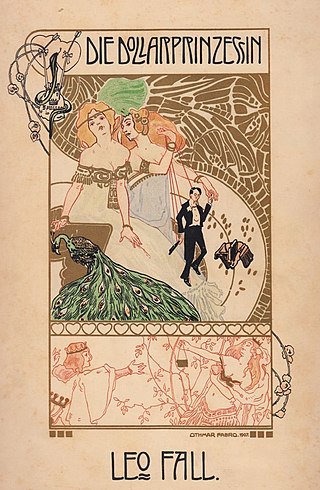
Die Dollarprinzessin is an operetta by Leo Fall. The German libretto was by Alfred Maria Willner and Fritz Grünbaum after the comedy Die Dollarprinzessinen by Emerich von Gatti and Thilo Friedrich Wilhelm von Trotha.
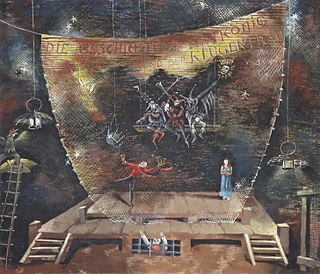
Die Kluge. Die Geschichte von dem König und der klugen Frau is an opera in 12 scenes written by Carl Orff. It premiered at the Frankfurt Opera, Germany, on 20 February 1943. Orff referred to this opera as a Märchenoper. The composer also wrote the libretto, based on "Die Kluge Bauerntochter" from Grimms' Fairy Tales. A performance lasts for about 90 minutes and is often paired with Orff's Der Mond.
Der Golem is an opera in three acts by composer Eugen d'Albert. The work uses a German language libretto by Ferdinand Lion after Arthur Holitscher's 1908 play Der Golem: Ghettolengende in drei Aufzügen. The opera premiered on 14 November 1926 at the Oper Frankfurt, conducted by Clemens Krauss.
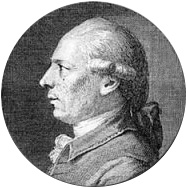
Tom Jones is a comédie mêlée d'ariettes, a kind of opéra comique, by the French composer and chess champion François-André Danican Philidor which first appeared at the Comédie-Italienne, Paris, on 27 February 1765. Its French libretto, by Antoine-Alexandre-Henri Poisenet and Bertin Davesne, is loosely based on the 1749 novel by Henry Fielding.
Orpheus und Eurydike is an opera by Ernst Krenek. The German text is based on a play by Oskar Kokoschka. Kokoschka began writing his play during his convalescence and it premiered in 1921, one year before Rilke's Sonnets to Orpheus appeared. In 1923 he let it be known that he was looking for a composer to write incidental music. Kokoschka's expressionist, psychological treatment of the Orpheus myth, marked by his passion for Alma Mahler, appealed to Krenek so he approached Kokoschka.

Der Jasager is an opera by Kurt Weill to a German libretto by Bertolt Brecht.
Nerone (Nero) is an opera in four acts composed by Arrigo Boito, to a libretto in Italian written by the composer. The work is a series of scenes from Imperial Rome at the time of Emperor Nero depicting tensions between the Imperial religion and Christianity, and ends with the Great Fire of Rome. Boito died in 1918 before finishing the work.

Die Brautwahl is a "comic-fantastic" opera in three acts and an epilogue by Ferruccio Busoni. The German libretto, by Busoni himself, is based on a short story by E. T. A. Hoffmann. Busoni began work on this, his first completed opera, in 1905.
Euridice is an opera in a prologue and one act by the Italian composer Giulio Caccini. The libretto, by Ottavio Rinuccini, had already been set by Caccini's rival Jacopo Peri in 1600. Caccini's version of Euridice was first performed at the Pitti Palace, Florence, on 5 December 1602. Caccini hurriedly prepared the score for the press and published it six weeks before Peri's version appeared.
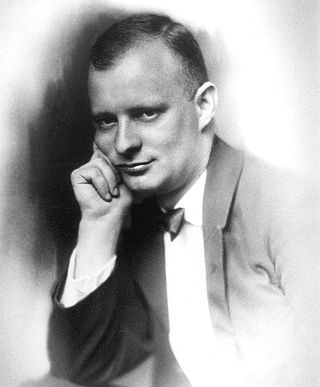
Mörder, Hoffnung der Frauen is an opera in one act by Paul Hindemith, written in 1919 on a German libretto by Oskar Kokoschka which he based on his play of 1907. The opera was the first in a triptych of expressionist one-act operas, the others being Das Nusch-Nuschi, and Sancta Susanna. They were the first operas written by Hindemith. The first two were premiered together in Stuttgart on 4 June 1921, all three were performed at the Oper Frankfurt in 1922.

Die Harmonie der Welt is an opera in five acts by Paul Hindemith. The German libretto was by the composer.

Die verwandelten Weiber, oder Der Teufel ist los, erster Teil is a three-act German: comische Oper by the German composer Johann Adam Hiller, incorporating 14 musical numbers from the popular farce Der Teufel ist los by Johann Georg Standfuß.

Medea is an opera in three acts composed by Giovanni Pacini to a libretto by Benedetto Castiglia. It premiered on 28 November 1843 at the Teatro Carolino in Palermo, conducted by the composer with Geltrude Bortolotti in the title role. The libretto is based on the plays Medea by Euripides and Médée by Pierre Corneille.

Issé is an operatic pastorale héroïque by the French composer André Cardinal Destouches. Initially it was in three acts. The definitive revised version consists of a prologue and five acts. The libretto was by Antoine Houdar de la Motte. Although Destouches was only 25 at the time of its premiere, it is considered his best score.

Prinzessin Brambilla, Op. 12b, is an opera in a prologue and five scenes by Walter Braunfels. The German libretto, written by the composer, is based on the novella of the same name by E. T. A. Hoffmann published in 1820.
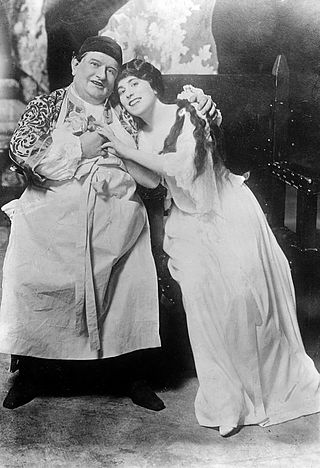
L'amore medico is an opera in two acts by composer Ermanno Wolf-Ferrari. Based on Molière's comedy L'Amour médecin, the work uses an Italian language libretto by Enrico Golisciani. It premiered in a German version by Richard Batka on 4 December 1913 at the Hoftheater in Dresden under the title Der Liebhaber als Arzt.
Daniel Schiebeler was a German writer, poet, librettist and Protestant hymnwriter. He wrote librettos for operas and oratorios, set by composers such as Georg Philipp Telemann, Johann Adam Hiller and Carl Philipp Emanuel Bach.
